Really. Are we?
Yesterday, at the Water table...we had a moment where 2 toddlers were standing side by side.
The mothers were close by but not hovering.
One toddler (let's call him Jackson) tried to take another's (let's call her Susan) squirt bottle.
I was standing right there between the 2 kids.
Susan yelled pretty loudly something along the lines of, "NOOOOOOO!".
Jackson stopped in his tracks and just stared at her. He looked like he was about to burst into tears.
I narrated the situation.
"Susan says, NO, she doesn't want you to take her squirt bottle."
Then, I pointed out Jackson's face to Susan.
Susan was already looking closely at his face. Taking it all in.
To me, she appeared that she was a bit surprised at herself in yelling so loudly at Jackson.
She could see that he was on the verge of tears.
Because, Jackson does not use a lot of language at Wonder Studio, he stood there silently, but WOW did his face convey A LOT.
I said, "Jackson likes your bottle Susan. Is there a way we can help Jackson?"
My goal was to stay calm but to narrate the experience aloud for the children. Often, toddlers have a hard time seeing the other child's perspective.
I really did not feel that Susan should or should NOT give the bottle to Jackson. I was interested to see what she thought or if she might find another bottle to give him, or even if she might just completely ignore him.
After a few seconds, Susan handed him the squirt bottle. He was hesitant to take it but finally did.
There was real learning in this situation.
There was dialogue.
There was heartbreak.
There was regret.
There was perspective taking.
I don't want to undermine the importance of an unbiased adult in this situation.
With toddlers, it's helpful to be close by.
It's helpful to have a "Translator" for the children.
But, what is key here...is the lack of judgement.
I really didn't have any. That's what allows the children to make mistakes and learn from them.
Can we create a space where children are safe to make these kinds of mistakes?
I notice that adults are much more comfortable with kids making mistakes in regards to non-social issues.
If you drop your paint brush, pick it up.
If you mix up the paints, that's ok.
If your block building falls down, build it up again.
However, if your child grabs another's toy or doesn't share...
All the sudden, we judge our child to be a bully.
If our child lets another child take their toy, they somehow are weak.
Can we give our children the same grace as when their block building falls down due to a weak base...when they make the mistake of not sharing?
Every time, we step in and solve these social problems for our children, we are robbing from them the opportunity to learn important life skills.
A big part of that is learning it's ok to make mistakes.
We learn to forgive ourselves.
We learn how to make it up to another person.
Living with feelings of disappointment is LIFE.
While sometimes, the children will work it out during the class.
Often, they won't.
They go home and it festers for a while.
They might talk with you about it at bedtime.
"I was really upset when Susan yelled at me."
And, then we have an opportunity to reflect on the situation with our child.
The next week they come to class with a renewed sense of empowerment and understanding.
We are planting the seeds.
When we let go of judging our children...when we let go that when our children make mistakes, it's not OUR fault.
When we let go of our negative view on making mistakes...
We begin to let in GROWTH.
It's not enough to just plant the seeds...we must give them the time and conditions...to grow roots and leaves... and, eventually a Flower emerges.




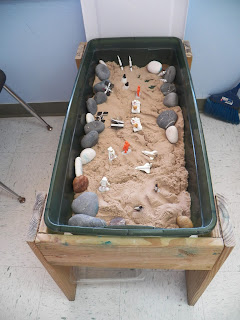



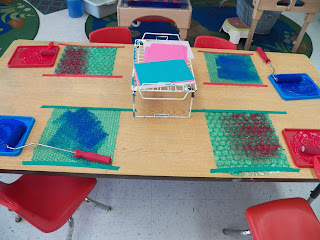





















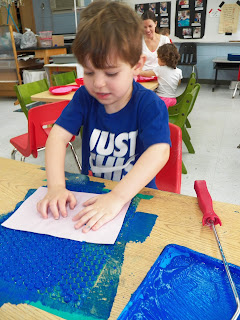



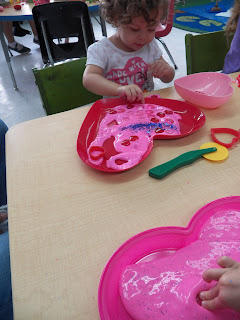


















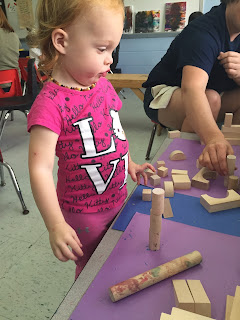










No comments:
Post a Comment